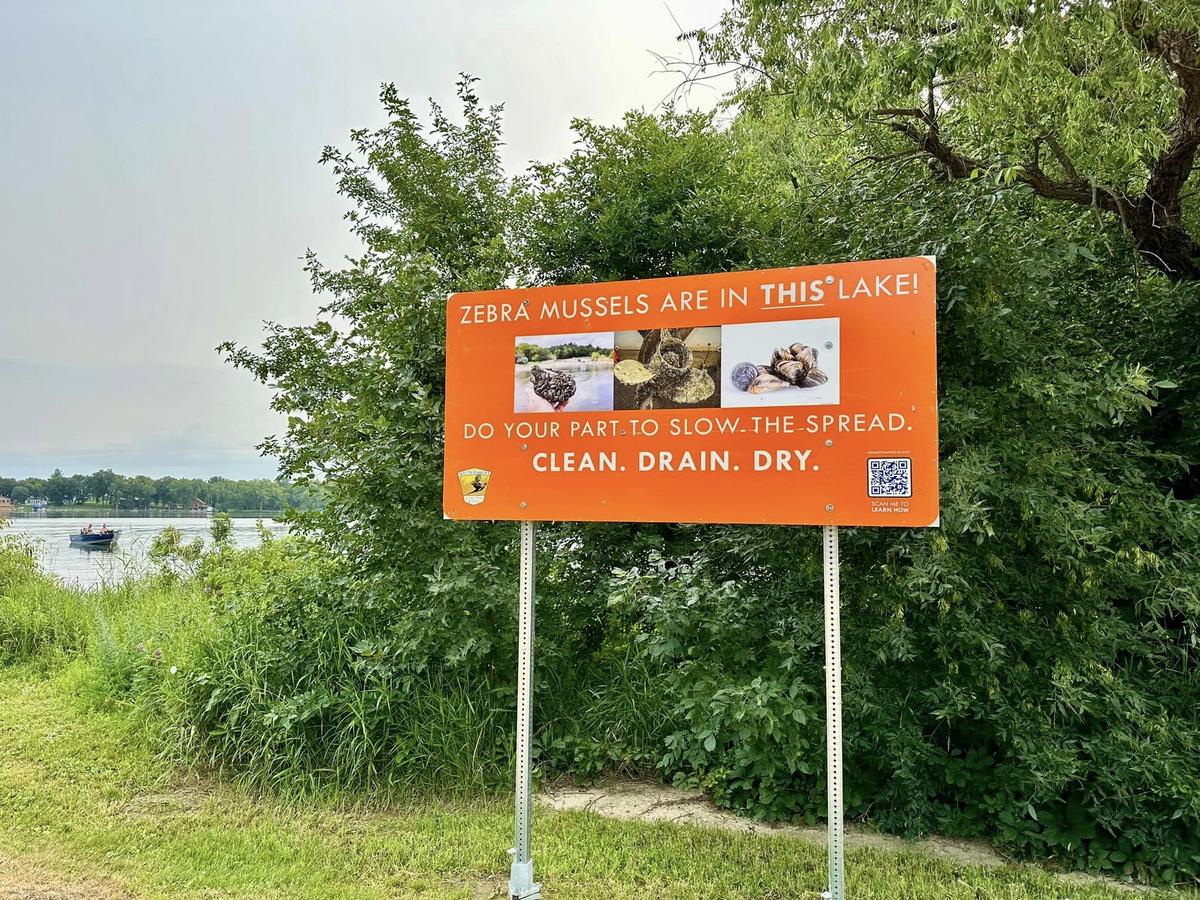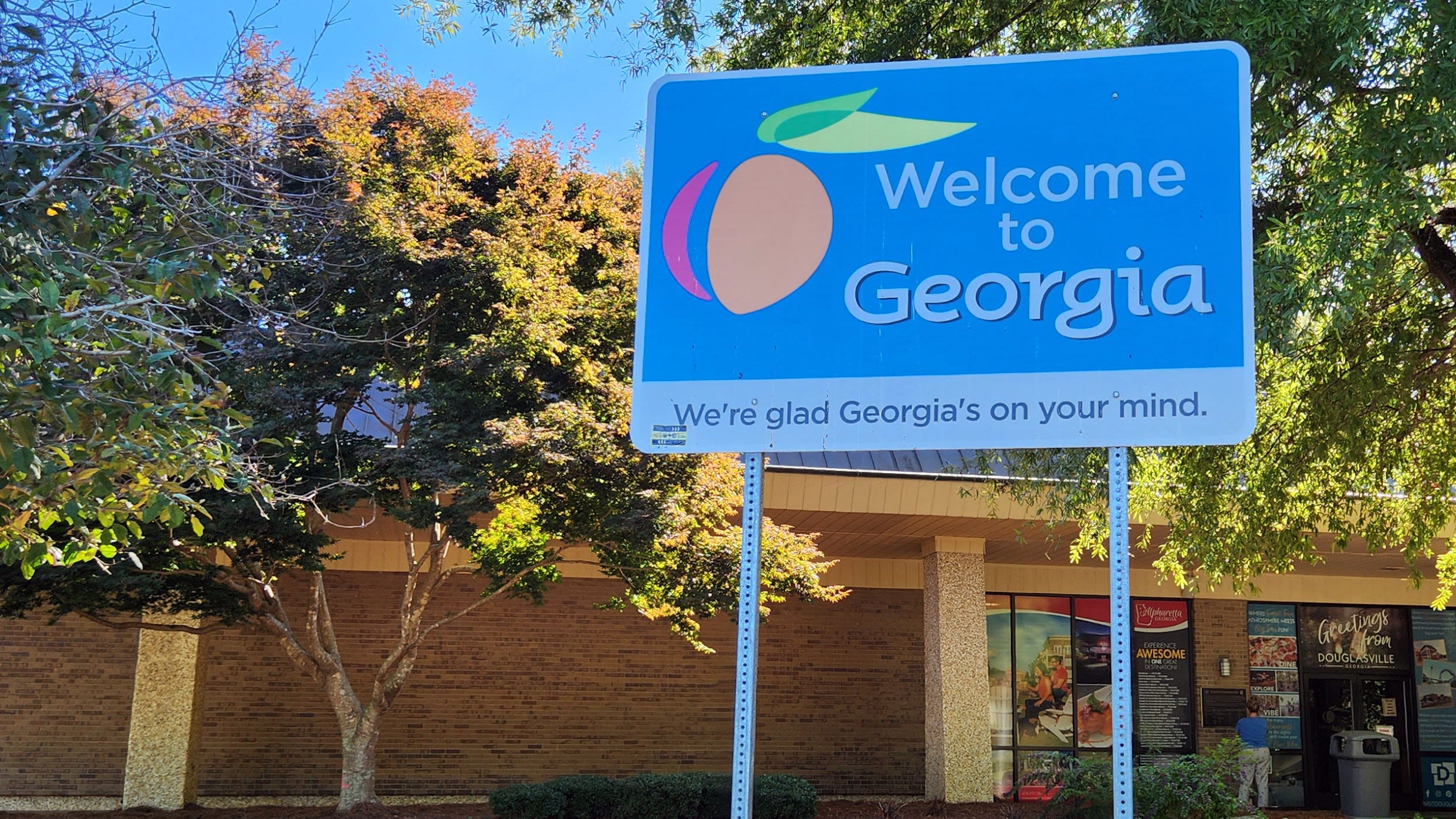North Dakota
911 center calls for help: Grand Forks dispatch center first in the country to use traveling dispatchers

GRAND FORKS — They are there when you call for help. But now, more and more dispatch centers in our region are calling 911 for help.
Jamee Hillman was busy answering some of the over three hundred 911 calls that come into the Grand Forks dispatch center each day. A center that called her for help.
“(Y)ou have to have somebody in that chair,” Hillman said.
The 47-year-old wife and mother of two grown children lives in Kansas, but has been traveling to Grand Forks on a regular basis since February to help the short-staffed dispatch center.
Hillman is what is referred to as a dispatcher on demand. She is the first ever traveling dispatcher in the United States. She has 28 years of experience back home.
“I could go local and do that, but there is something different about helping the helpers,” Hillman said.
The Grand Forks dispatch center was fully staffed until COVID-19. Over the past year they’ve run into their own emergency.
Currently, only 15 of the 22 positions are filled at the center. That’s why the director agreed to have Grand Forks be the first in the country to bring in traveling dispatchers.
“I’m a solution-based person and I am open to finding solutions that are going to provide the support for my staff,” said Grand Forks Public Safety Answering-Point Director Shannon Lahaise, .
Hillman is one of 80 certified traveling dispatchers covering 12 different agencies across the country.
The program was founded by the Maureen Dieckmann, CEO of
Moetivations,
after hearing about the staffing crisis nationwide, mostly due to burnout.
“Where they said 82% of the United States 911 centers are (at) 50% staffing or below or 60% and below. So the statistics, depending on which report you’re reading, there’s a significant number of centers,” Dieckmann said.
The thin gold line, the first line of first responders, does more than answer the phone. They relay other critical information to first responders on their way to a call.
Hillman said the hardest part at the beginning was learning the local lingo.
“I came up here a few times. I had rented a car and I was able to drive around Grand Forks, and it all just came together and I understood the city and the landmarks,” said Hillman.
In all the dispatch center in Grand Forks has used about a dozen dispatchers on demand since the program was launched earlier this year, which the director says has gone smoothly.
“It’s like watching an orchestra work together,” Lahaise said.
Hillman is a dispatcher coming to the aid of her brothers and sisters on the thin gold line, but more importantly making sure that your call for help is answered right away.
“(I)f I can be that calm voice in their darkest moment, then to me that’s a save,” said Hillman.
She also fills in at the dispatch center in Portland, Maine.
Matt Henson is an Emmy award-winning reporter/photographer/editor for WDAY. Prior to joining WDAY in 2019, Matt was the main anchor at WDAZ in Grand Forks for four years. He was born and raised in the suburbs of Philadelphia and attended college at Lyndon State College in northern Vermont, where he was recognized twice nationally, including first place, by the National Academy for Arts and Science for television production. Matt enjoys being a voice for the little guy. He focuses on crimes and courts and investigative stories. Just as often, he shares tear-jerking stories and stories of accomplishment. Matt enjoys traveling to small towns across North Dakota and Minnesota to share their stories. He can be reached at mhenson@wday.com and at 610-639-9215. When he’s not at work (rare) Matt resides in Moorhead and enjoys spending time with his daughter, golfing and attending Bison and Sioux games.

North Dakota
Tuesday is Military Appreciation Day at the ND State Fair

MINOT, N.D. (KMOT) – This is a reminder for servicemembers and their families that the North Dakota State Fair is continuing its long-standing tradition of honoring those who serve with a special Military Appreciation Day on Tuesday.
Military members and their families can enjoy lunch from 11 a.m. until 1 p.m. at the north festival tent.
The event is sponsored by the N.D. Beef Commission, N.D. Stockmen’s Association, and N.D. CattleWomen.
They can also enjoy free carnival rides from 1 p.m. to 3 p.m., half-off unlimited ride wristbands, and $2 off go-cart rides.
Copyright 2024 KFYR. All rights reserved.
North Dakota
Applications now available for 2024 North Dakota swan license

BISMARCK – Hunters can now apply for a 2024 North Dakota swan license
on the Game and Fish Department’s website
at gf.nd.gov, the department said Monday, July 22.
North Dakota residents and nonresidents are eligible to apply. The resident swan license is $10, while the nonresident fee is $30. The application deadline is Aug. 21.
North Dakota’s statewide tundra swan hunting season opens Sept. 28, and 2,200 licenses are available. Successful applicants will receive a tag to take one swan during the season. Since swans are classified as waterfowl, nonresidents may hunt them only during the period their nonresident waterfowl license is valid.
All swan hunters, regardless of age, are required to have a general game and habitat license when applying. In addition, nonresidents must have a waterfowl license, and residents 16 and older need a small game or combination license.
North Dakota
Zebra Mussels In North Dakota Lakes: Will It Really Be That Bad?

Zebra mussels are going to ruin all of our lakes right?
Okay, I know I’m going to take some heat on this, but here goes. We’ve been hearing about zebra mussels for a long time now. How they will destroy ecosystems, ruin beaches, clog up water intakes, compete with native species, etc.
You’ve seen the commercials and billboards from North Dakota Game and Fish, “Clean, Drain and Inspect.” Zebra mussels are a problem, but is it really all doom and gloom? More on that in a moment.
Zebra mussels are now in several North Dakota lakes and rivers, and you can bet more will be added in the future.
They include the Red River, Lake LaMoure, Lake Ashtabula, Lake Elsie, the James River, and the Sheyenne River all in eastern North Dakota.
So far western North Dakota has been spared, but you can bet zebra mussels are coming. Here’s a map and more on ANS-infested waters in North Dakota.
Humans are considered the primary transporter of zebra mussels, but there are other spreaders. According to Researchgate, waterfowl can transfer zebra mussels at the larvae stage.
What are we going to do about millions of migrating waterfowl each year? Not to mention other shorebirds, reptiles, and even mammals.
I’m very familiar with zebra mussels. I have a cabin on Enemy Swim Lake in northeast South Dakota. We’ve had zebra mussels present in the lake now going on for 3 years.
(A very small zebra mussel that was found on our beach this past weekend.)
Enemy Swim is located about 5 miles south of Pickerel Lake in South Dakota. Pickerel Lake has had zebra mussels for a few years longer than my lake.
Despite joint efforts from Fish and Game, cabin owner volunteers, and interns from Fish and Game with inspection points at the boat ramp, zebra mussels still found their way into my lake. I know we all did our part to prevent it, but I sometimes think that eventually, nature will take its course.
Will zebra mussels really ruin a lake?
There’s a lot of big claims and theories out there. No doubt it will affect your beach life. You will have to wear water shoes because zebra muscles can be sharp and could cut your feet. I know I swim with my water shoes normally anyway, as I don’t like creepy crawlies touching my feet in the water.
Will zebra mussels cause your lake property values to crash?
To be honest, no sign of that anywhere. Much of Minnesota’s lakes are infested with zebra mussels. People are still spending millions of dollars for cabins on Minnetonka, Pelican, or Detroit Lakes area lakes.
Even Pickerel Lake, next to my lake has people snatching up some very expensive million-dollar cabins. You can’t even find a cabin for sale on my lake. According to swnewsmedia, there’s no link between a drop in property values and zebra muscles.
Zebra mussels will actually clear up the water they infest.
This might improve the fishing, depending on the lake. Species like Smallmouth Bass, Perch, Walleyes, and even panfish are known to gorge on zebra mussels. You might catch bigger fish because of this.
With cleaner water means you will have more sunlight and more vegetation in the lake. Again, this is thought to improve the size of the fish. Fish will have more places to hide and grow bigger. It may cause anglers to adapt to new strategies to catch fish. In some cases, it could make fishing more difficult.
As far as whether zebra mussels will destroy the ecosystem of lakes?
I’m going to come right out and say it. I think this is highly exaggerated. I’m not a biologist and don’t claim to be one.
Zebra mussels have been in the Great Lakes since the 1980’s. The Walleyes and Smallmouth Bass have never been bigger. People are still catching fish and lakes are still alive.
Zebra mussels have been in Minnesota lakes now for decades and the cabin owners I know say nothing has changed except a little extra cleaning on the docks when they pull them out each year.
Lakes like Lake of the Woods, Mille Lacs, and all of the lakes around Detroit Lakes are still alive and well.
Let’s face it: Even the highly prized Walleye is an invasive species to lakes in our area.
In conclusion:
When zebra mussels reach your favorite lake it will certainly change the ecosystem. Your “lake life” will likely have to adapt to some necessary changes.
However, will zebra mussels turn your lake into a barren wastewater? I don’t think so. Adapt or die. That’s life in a nutshell.
Do I want zebra mussels in our lakes? No, of course not. However, I’m being realistic. Sometimes you have to look for the good with the bad.
North Dakota’s Top 11 Lakes According To Our Fans
Plant Some Of These In Your Garden to Keep Mosquitoes Away
Gallery Credit: Michelle Heart
-

 Politics1 week ago
Politics1 week agoTwo key states to see massive GOP voter registration operation
-

 News1 week ago
News1 week agoWhy the next president's judicial appointments will impact climate action
-

 News6 days ago
News6 days agoIn Milwaukee, Black Voters Struggle to Find a Home With Either Party
-

 News1 week ago
News1 week agoVideo: Biden Asks America to ‘Lower the Temperature’
-

 World1 week ago
World1 week agoUkraine: shelling in Kherson leaves at least two people dead
-

 Politics1 week ago
Politics1 week agoBiden tells Michigan crowd he's 'not going anywhere' amid chants of 'don't you quit'
-

 News4 days ago
News4 days agoVideo: Young Republicans on Why Their Party Isn’t Reaching Gen Z (And What They Can Do About It)
-

 World3 days ago
World3 days agoFreshers' week in Strasbourg for new EU lawmakers















